Introduction
Shiitake mushrooms (Lentinula edodes) are among the most popular edible mushrooms worldwide, prized for their rich, savory flavor and impressive nutritional profile. As the second most commonly consumed mushroom globally, shiitakes have been used in traditional Chinese medicine for over 5,000 years. These woodland fungi are packed with nutrients, including B vitamins, vitamin D, potassium, and beneficial compounds like polysaccharides and antioxidants.
While shiitake mushrooms offer numerous health benefits, it's equally important to be aware of their potential side effects. Like any food, shiitakes can cause adverse reactions in some individuals. This comprehensive guide explores the various side effects associated with shiitake mushroom consumption, helping you make informed decisions about incorporating them into your diet.
Shiitake Dermatitis: The Flagellate Rash
One of the most distinctive side effects associated with shiitake mushrooms is a condition known as shiitake dermatitis or "flagellate dermatitis."
What is Shiitake Dermatitis?
Shiitake dermatitis is a rare eruption associated with the ingestion of uncooked or undercooked shiitake mushrooms, resulting in a distinctive flagellate (whip-like) erythema. This skin condition was first described in Japan in 1977 and has become increasingly recognized worldwide as shiitake consumption has grown in popularity.
Symptoms and Appearance
Shiitake flagellate dermatitis typically occurs about 24 to 48 hours after eating raw or undercooked shiitake mushrooms. The condition manifests as:
- Pruritic (intensely itchy) linear red streaks or striped patterns
- Erythematous (red) papules arranged in linear groups
- Whip-like marks or striations on the skin
- Rash predominantly on the trunk, arms, and legs
The median time of onset from ingestion is typically 24 hours, but can range from 12 hours to 5 days. These distinctive patterns have led to the term "flagellate" (whip-like) to describe the appearance of the rash.
Cause of Shiitake Dermatitis
The exact pathogenesis of shiitake flagellate dermatitis remains unclear. It is more likely a direct toxic reaction to lentinan, an inflammatory polysaccharide found in shiitake mushrooms that is broken down by heat. This explains why the condition is primarily associated with raw or undercooked mushrooms.
Recent evidence has suggested that it may instead point to an allergic mechanism rather than simply a toxic reaction, as some patients show delayed positive skin prick testing, suggesting a potential delayed-type hypersensitivity.
Treatment and Duration
Shiitake flagellate dermatitis is a self-limiting condition, meaning it resolves on its own even without treatment. However, several treatments can help alleviate symptoms:
- Oral antihistamines to reduce itching
- Topical corticosteroids to decrease inflammation
- In severe cases, short courses of oral corticosteroids
Most patients completely recover within about 3 weeks, with or without treatment. There is generally improvement within 2 days and complete resolution follows, though the timeline can vary between individuals.
Prevention
The most effective prevention for shiitake dermatitis is proper cooking of the mushrooms. Fully cooking shiitake mushrooms before ingestion usually prevents recurrence as the heat breaks down the lentinan compound responsible for the reaction.
Allergic Reactions to Shiitake Mushrooms
Beyond shiitake dermatitis, some individuals may experience true allergic reactions to shiitake mushrooms.
Common Allergic Symptoms
Though it's not one of the most common food allergens, it's possible to have a shiitake mushroom allergy or allergic reactions to other wild mushrooms. Symptoms can include:
- Skin reactions (hives, itching, rash)
- Swelling, particularly of the face, lips, or throat
- Digestive discomfort
- Respiratory symptoms
- In severe cases, anaphylaxis
Some people can have a severe allergic reaction called anaphylaxis, which can make it difficult to breathe or lead to loss of consciousness. This is a medical emergency requiring immediate attention.
Who's at Risk?
While anyone can develop an allergy to shiitake mushrooms, People with shiitake mushroom sensitivities or allergies may have a genetic predisposition to this phenomenon or pre-existing conditions like asthma, Crohn's disease, or other gastrointestinal disorders that make them more susceptible to side effects.
Diagnosis
If you suspect you have a shiitake mushroom allergy, consult with an allergist. Diagnostic testing for food allergies (including shiitake mushroom allergies) includes skin prick tests, blood tests, and patch testing.
Digestive Side Effects
Shiitake mushrooms can cause digestive discomfort in some individuals, even without a true allergy.
Common Digestive Issues
Shiitake mushrooms are also hard to digest for people with an intolerance, which can occur when your body has difficulty processing a particular food. Digestive side effects may include:
- Stomach cramps or pain
- Nausea
- Diarrhea
- Gas and bloating
- General digestive discomfort
Mushroom Intolerance vs. Allergy
It's important to distinguish between a food intolerance and a true allergy. While allergies involve immune system reactions, intolerances typically stem from digestive issues. Shiitake intolerance symptoms are generally limited to the digestive system and are rarely life-threatening, unlike severe allergic reactions.
Increased Eosinophil Levels
A less commonly discussed but scientifically documented side effect of shiitake mushrooms involves changes in blood cell counts.
Daily ingestion of shiitake mushroom powder in five of 10 healthy persons provoked blood eosinophilia, increased eosinophil granule proteins in serum and stool, and increased gastrointestinal symptoms. Eosinophils are a type of white blood cell that can increase during allergic reactions or infections.
This reaction suggests that shiitake mushrooms may trigger immune responses in certain individuals beyond the typical allergic reactions, though more research is needed in this area.
Potential Drug Interactions
Shiitake mushrooms contain active compounds that may interact with certain medications.
Medication Interactions
Some medications are changed and broken down by the liver. Shiitake mushroom might change how quickly the liver breaks down these medications. This could change the effects and side effects of these medications. This is particularly relevant for:
- Immunosuppressant medications
- Drugs metabolized by the liver
- Blood-thinning medications

Immune System Effects
Shiitake mushroom can increase the activity of the immune system. Some medications, such as those used after a transplant, decrease the activity of the immune system. Taking shiitake mushroom along with these medications might decrease the effects of these medications.
Hypersensitivity Pneumonitis from Spore Inhalation
While not a side effect of eating shiitake mushrooms, individuals who cultivate these fungi may experience respiratory issues from inhaling the spores.
Shiitake Mushroom Worker's Lung
Hypersensitivity pneumonitis (HP) is a pulmonary granulomatosis involving an immunoallergic mechanism caused by chronic inhalation of antigens, most frequently organic substances, as well as chemicals. Multiple studies have documented cases of hypersensitivity pneumonitis due to shiitake mushroom spore inhalation among professional mushroom growers.
Symptoms of Hypersensitivity Pneumonitis
Symptoms include productive cough, shortness of breath, and in some cases, more serious respiratory complications. This condition is primarily an occupational hazard for mushroom cultivators rather than consumers.
Strict environmental control and the wearing of a face mask is probably needed to reduce the high risk of sensitization and possible development of immunological lung disease for those working with shiitake cultivation.

Who Should Avoid Shiitake Mushrooms?
Based on the potential side effects, certain groups should exercise caution or avoid shiitake mushrooms altogether.
High-Risk Groups
"Auto-immune diseases" such as multiple sclerosis (MS), systemic lupus erythematosus (SLE), rheumatoid arthritis (RA), or other conditions: Shiitake mushroom might cause the immune system to become more active. This could increase the symptoms of auto-immune diseases.
A blood disorder called hypereosinophilic syndrome: Don't use shiitake mushroom if you have this condition. It might make it worse.
Pregnancy and breast-feeding: There isn't enough reliable information to know if shiitake mushroom is safe to use when pregnant or breast-feeding. Stay on the safe side and stick to food amounts.
People taking medications after organ transplants or other immunosuppressive treatments should consult with their healthcare provider before consuming shiitake mushrooms.
Safe Consumption Guidelines
To minimize the risk of side effects while enjoying the benefits of shiitake mushrooms, follow these guidelines:
Preparation Methods
- Always thoroughly cook shiitake mushrooms to destroy the lentinan compound associated with shiitake dermatitis
- Avoid consuming raw or undercooked shiitake mushrooms
- Follow proper storage guidelines to prevent bacterial contamination
Dosage Considerations
There isn't enough reliable information to know what an appropriate dose of shiitake mushroom might be. Keep in mind that natural products are not always necessarily safe and dosages can be important.
Studies found that consuming 5-10 grams of shiitake mushrooms daily for four weeks enhanced immunity in healthy young adults ages 21 to 41. However, there are no specific guidelines for mushroom consumption.
For culinary purposes, moderate consumption as part of a varied diet is generally considered safe for most people.
Quality Considerations
The shiitake mushrooms you get from the supermarket are typically safe to eat. But wild-picked mushrooms can sometimes contain toxins that cause vomiting and diarrhea. Always purchase shiitake mushrooms from reputable sources and avoid wild-harvested specimens unless you are experienced in mushroom identification.
When to Seek Medical Attention
While most shiitake mushroom side effects are mild and self-limiting, certain symptoms warrant immediate medical attention:
- Difficulty breathing or wheezing
- Severe swelling, especially of the face, lips, or throat
- Severe vomiting or diarrhea
- Persistent or worsening skin reactions
- Signs of anaphylaxis (rapid pulse, dizziness, loss of consciousness)
Seek medical care immediately if you experience a severe allergic reaction after consuming shiitake mushrooms.
Conclusion
Shiitake mushrooms are nutritious fungi with numerous health benefits, but they are not without potential side effects. From the distinctive flagellate dermatitis to allergic reactions and digestive issues, being aware of these possible adverse effects can help you make informed decisions about incorporating shiitake mushrooms into your diet.
For most healthy individuals, properly cooked shiitake mushrooms consumed in moderation are safe and beneficial. However, if you have pre-existing health conditions, take medications that might interact with shiitake compounds, or have experienced adverse reactions to mushrooms in the past, consult with a healthcare provider before adding shiitakes to your diet.
As with any food, listening to your body's response and exercising caution with new additions to your diet is the wisest approach to safely enjoying the culinary and potential health benefits of shiitake mushrooms.

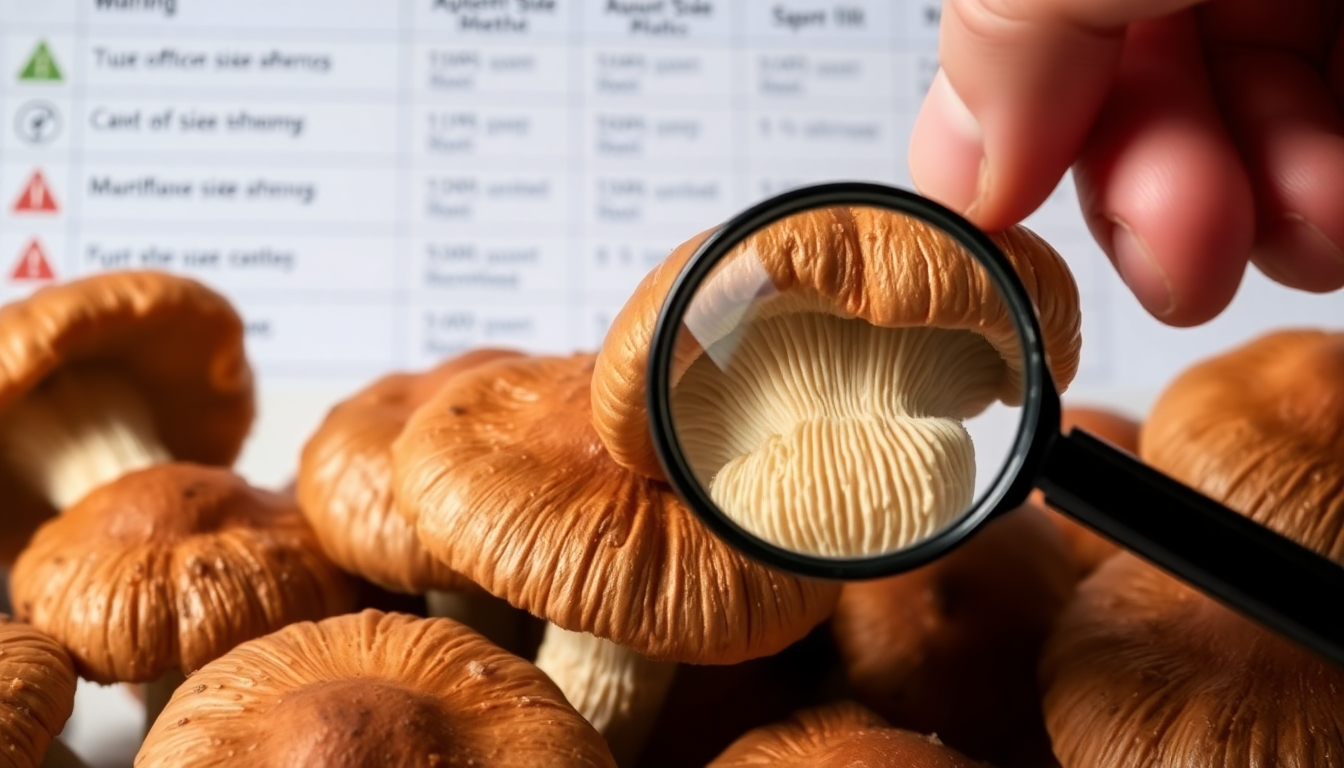


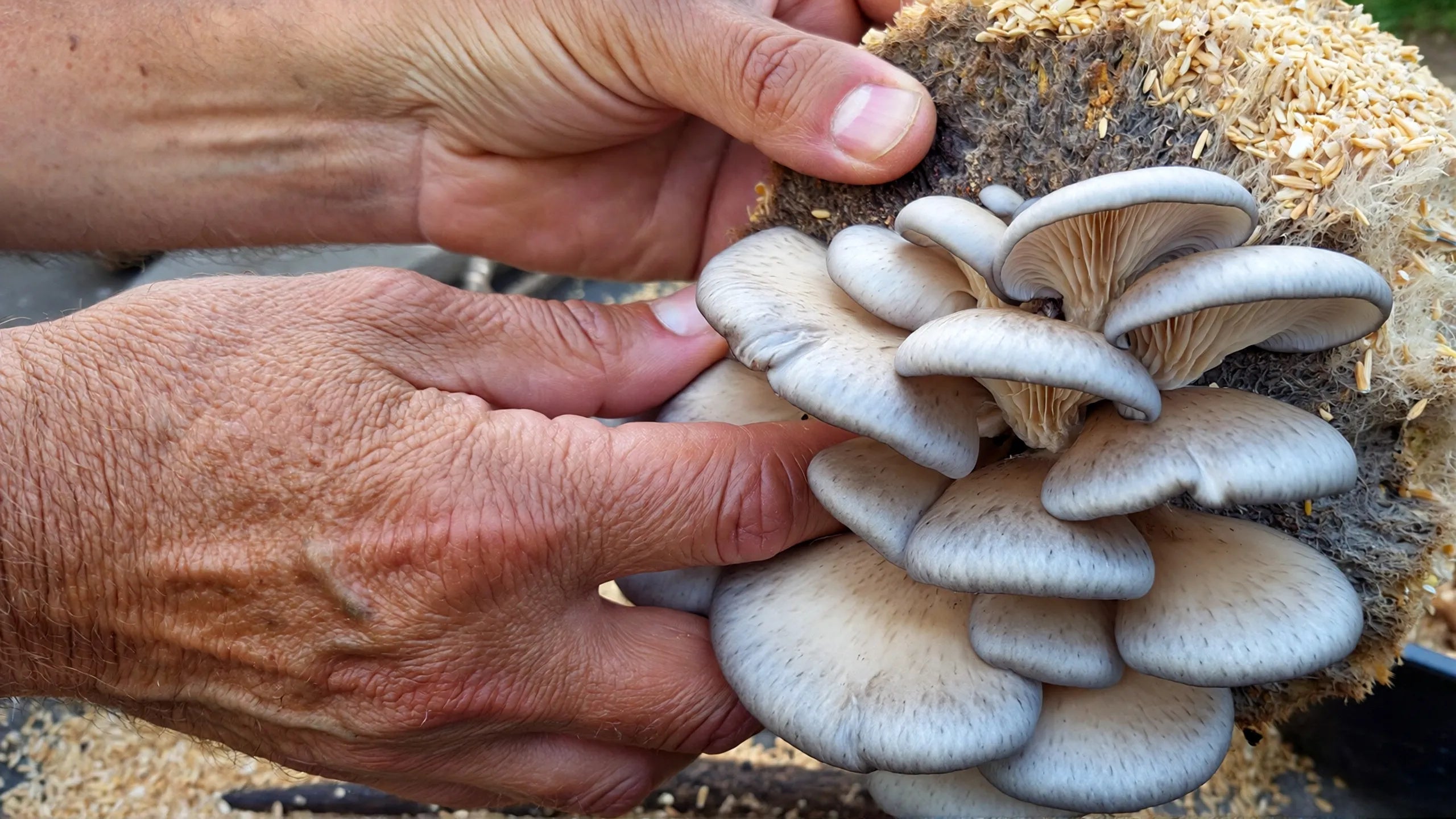
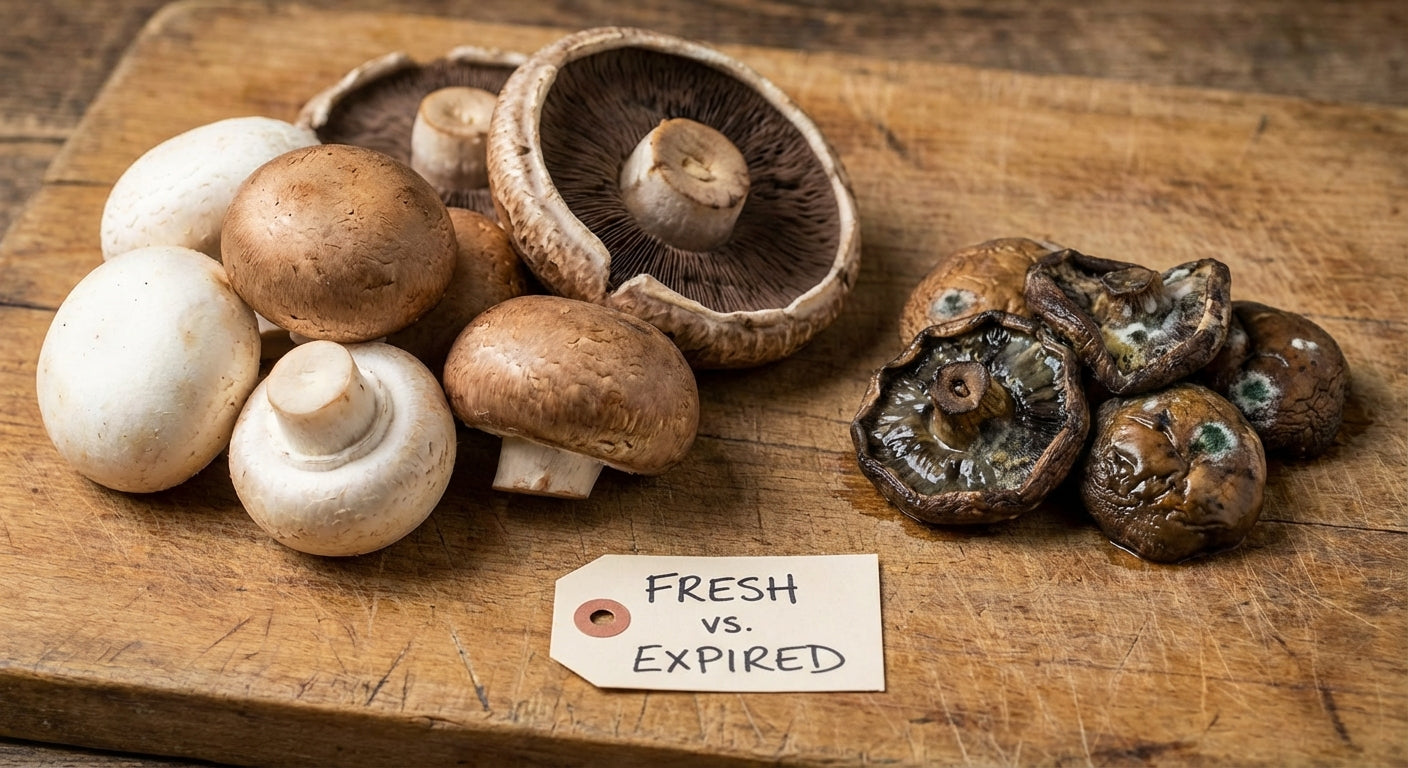
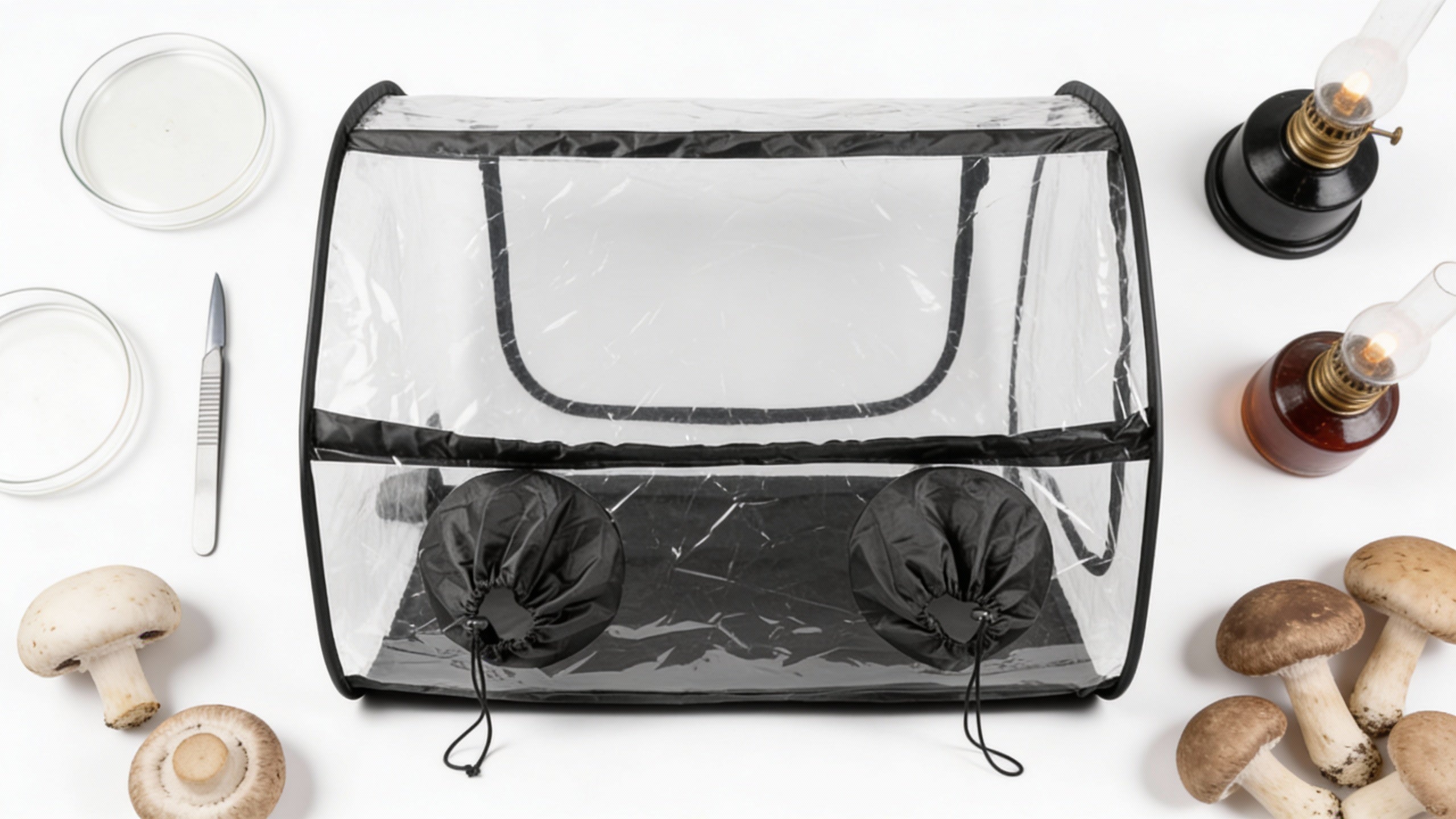

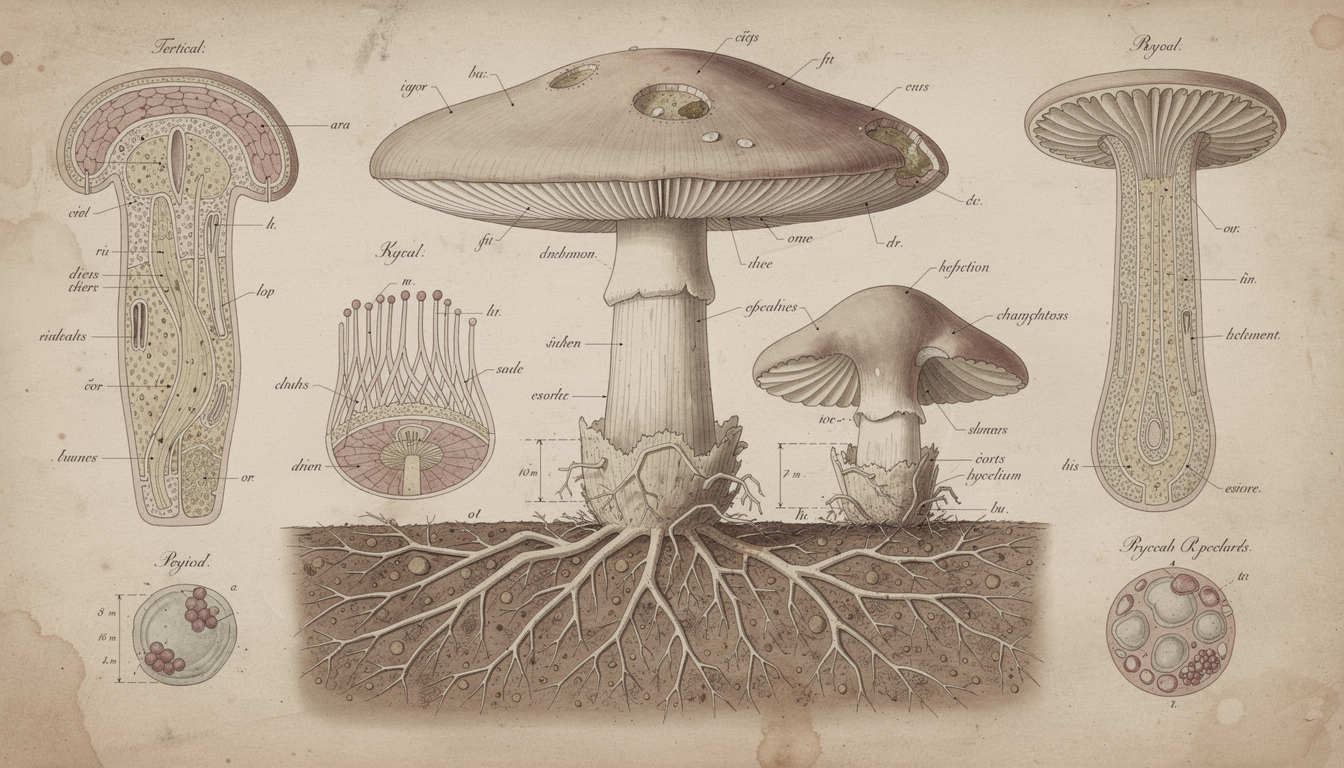
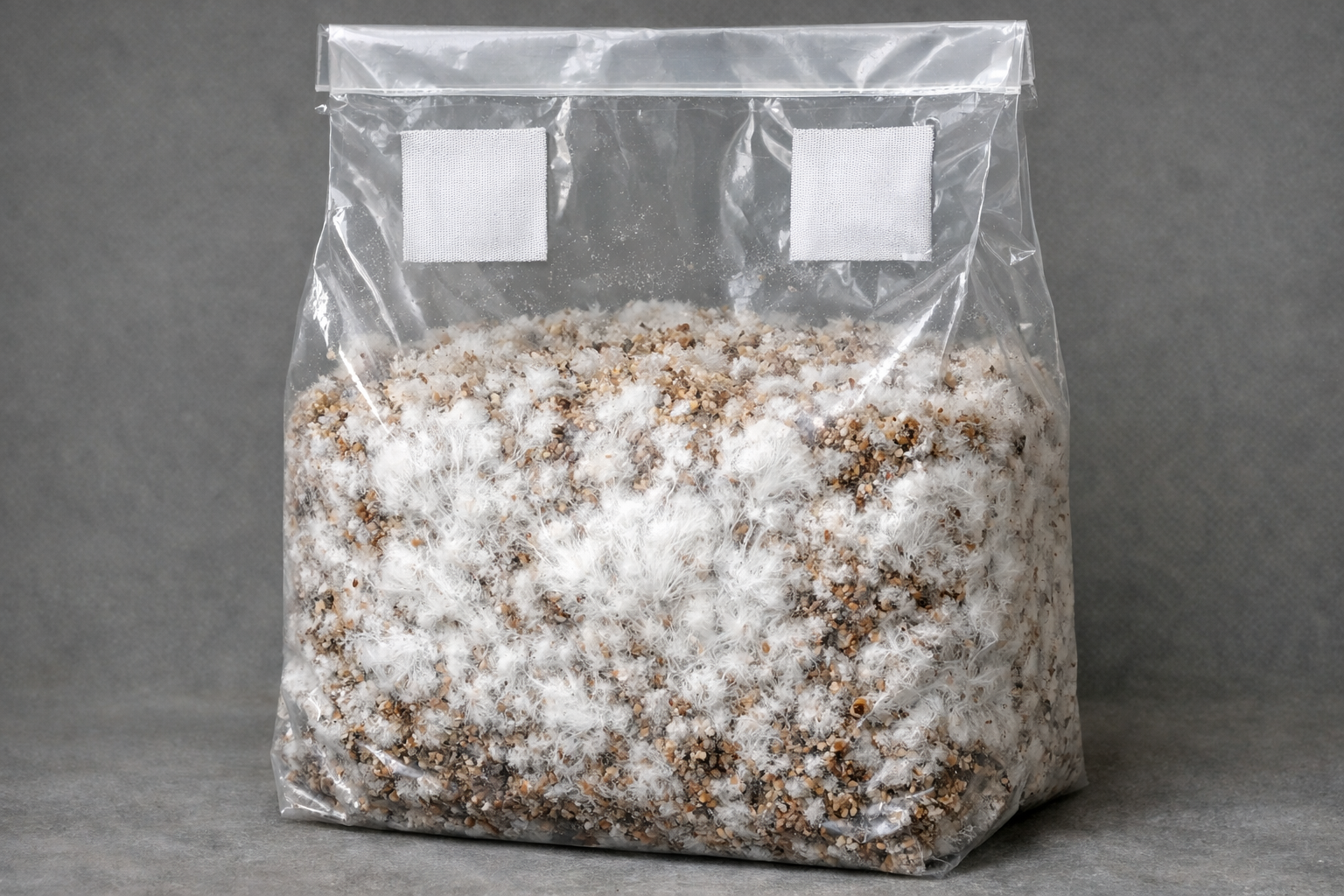



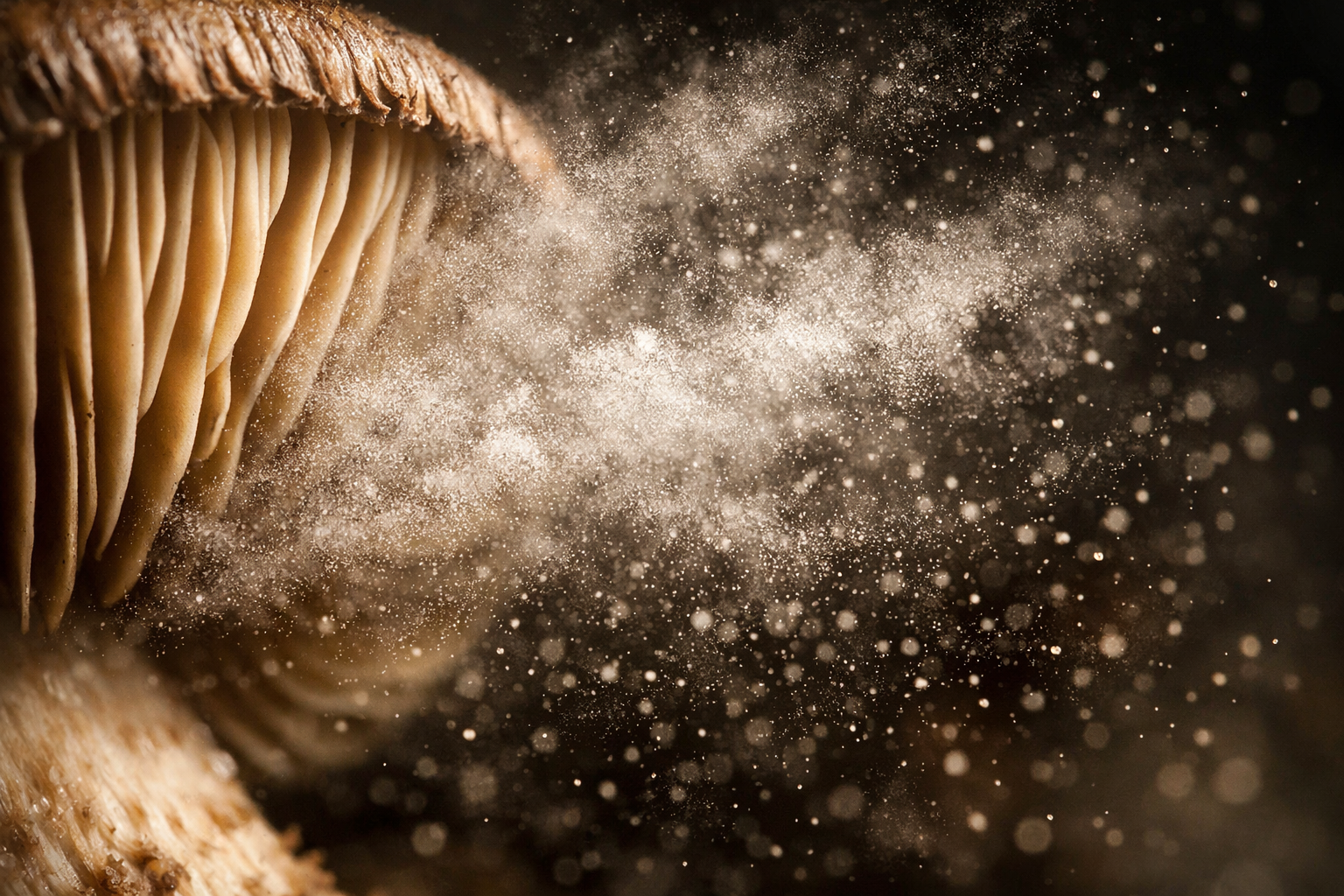
Share:
Shiitake Mushroom Dermatitis: Symptoms and Solutions
How Do You Cook Shiitake Mushrooms Perfectly : 5 Simple Techniques for Perfect Results